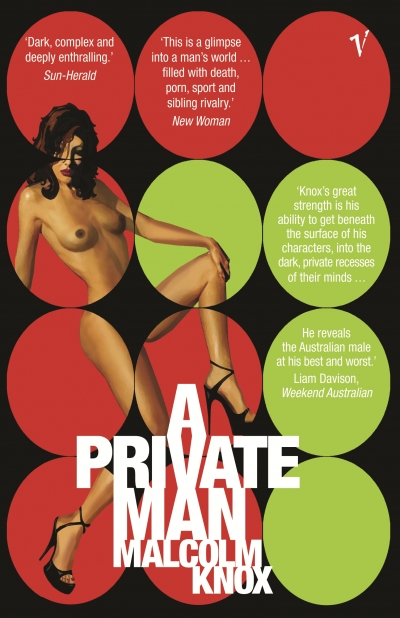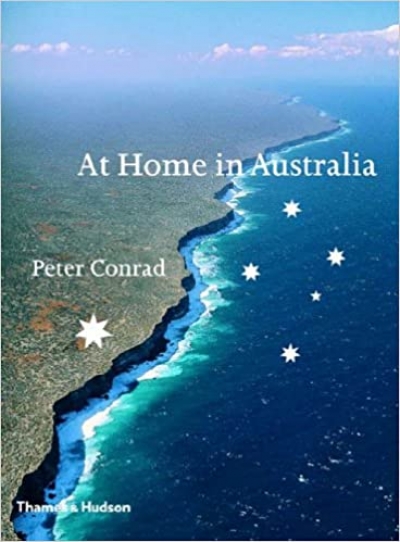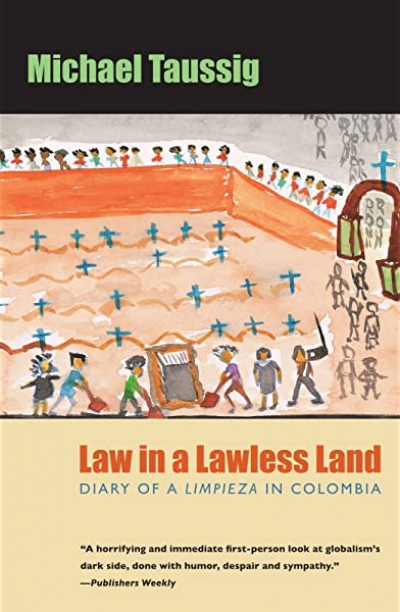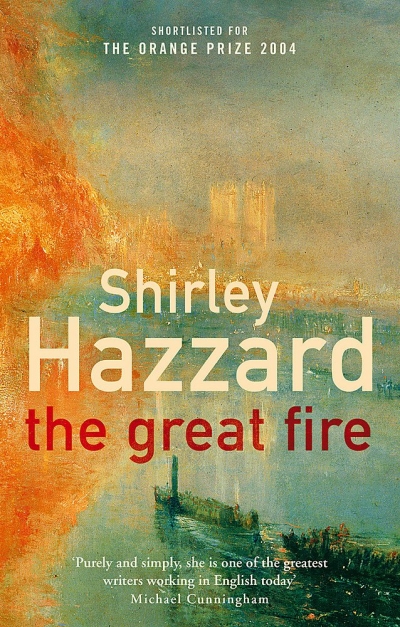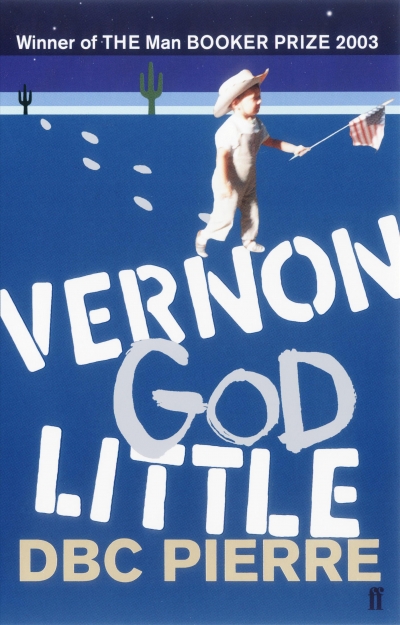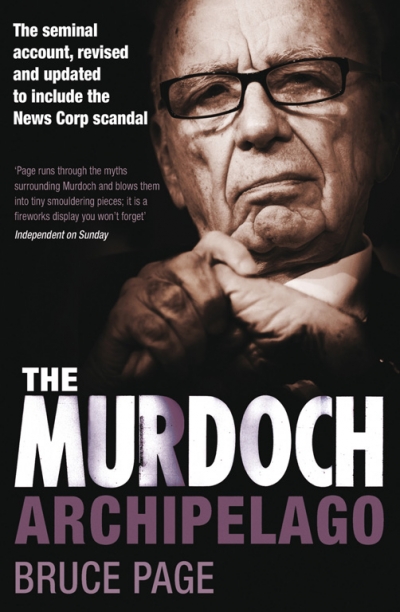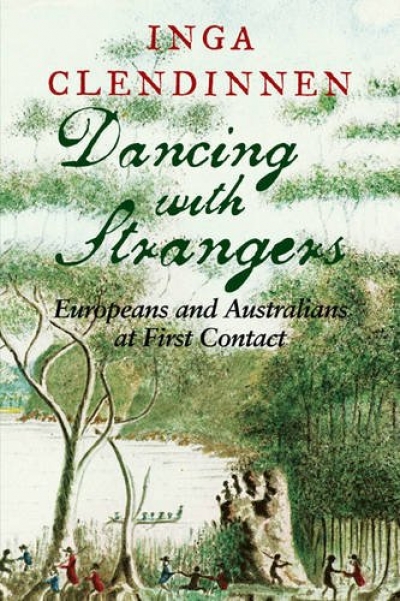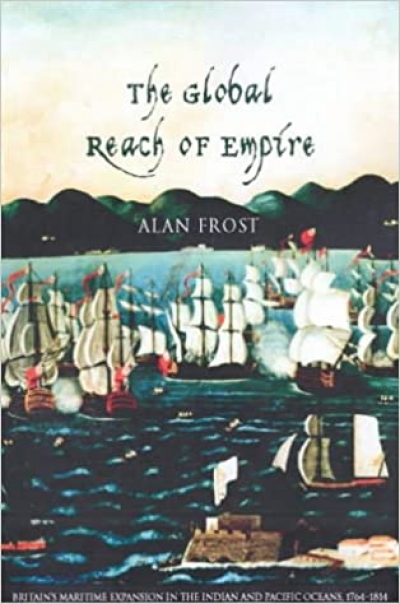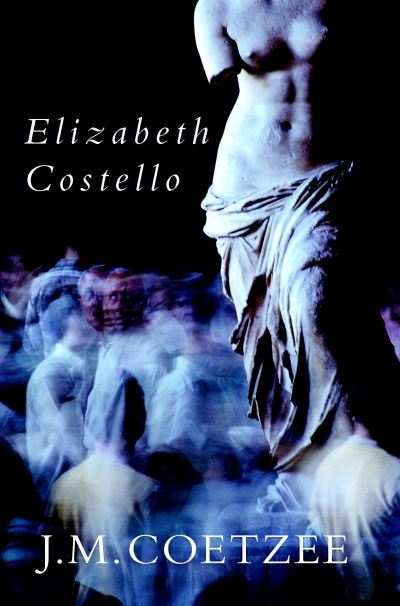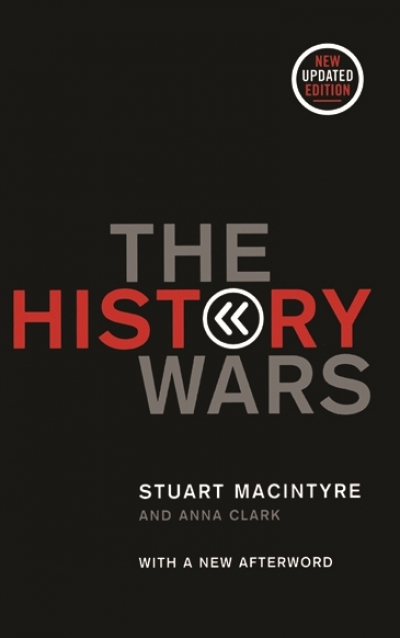Archive
We’ve been hectored by Miss Greer and savaged by Mr Hughes, but, like Goldilocks with the three bears’ bowls of porridge, Mr Conrad loves us just right. His book At Home in Australia is a collaboration between the National Gallery of Australia and Thames & Hudson, and more particularly between himself and Gael Newton, the gallery’s Senior Curator of Photography, who rang him in London with an invitation to write a book about the gallery’s photography collection.
... (read more)Law in a Lawless Land: Diary of a limpieza in Colombia by Michael T. Taussig
by Stephen Muecke •
The Global Reach of Empire: Britain’s maritime expansion in the Indian and Pacific oceans, 1764–1815 by Alan Frost
by Donna Merwick •
The History Wars by Stuart Macintyre and Anna Clark & Whitewash edited by Robert Manne
by Tony Birch •

